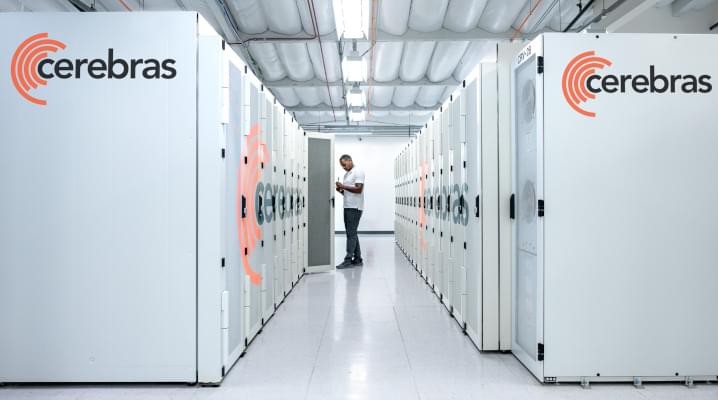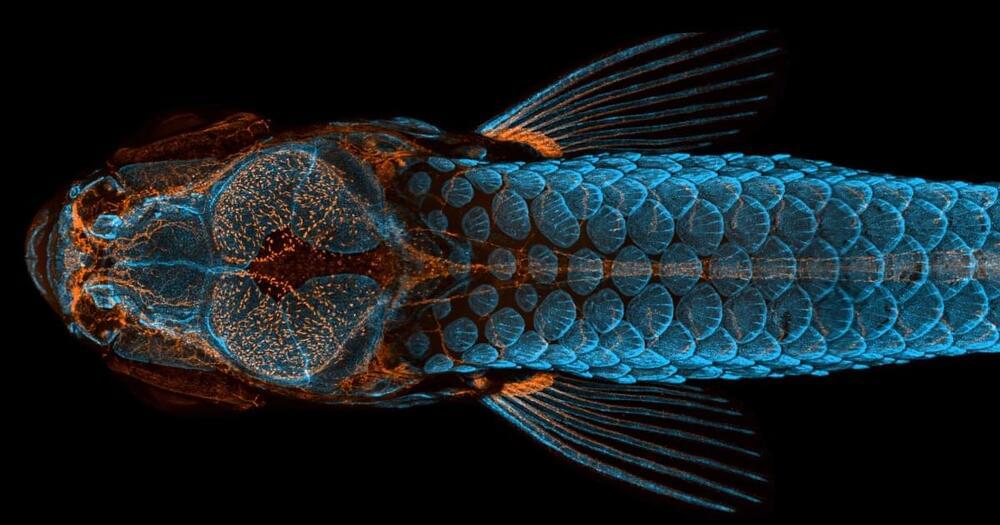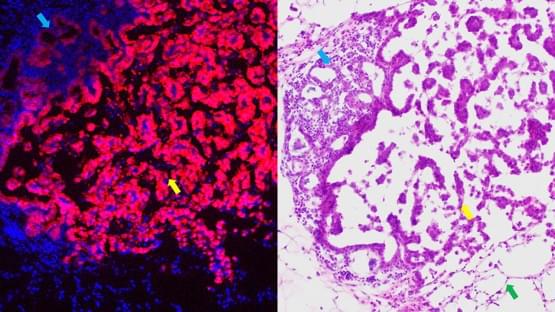Advancing Novel Therapeutic Interventions For Unmet Medical Needs — Dr. Michael Hufford, Ph.D., Co-Founder and CEO, LyGenesis; Interim CEO, Morphoceuticals; Scientific Advisor, Juvenescence.
Dr. Michael Hufford, Ph.D. is the Co-Founder and the Chief Executive Officer of LyGenesis (https://www.lygenesis.com/), a clinical-stage cell therapy company that transforms patient’s lymph nodes into bioreactors capable of growing functioning ectopic organs. He also serves as the Interim CEO of Morphoceuticals (https://www.morphoceuticals.com/) a company focused on modifying electric potentials in cells and tissues for a variety of applications in regenerative medicine, from improving amputation stump health and limb regeneration, to organogenesis, to creating a bioelectric atlas where numerous disease indications may be corrected.
Dr. Hufford also serves as a scientific advisor to Juvenescence (https://juvlabs.com/) a biotech holding company that develops therapies and products to modify aging and help people live longer.
An entrepreneur and drug developer, Dr. Hufford has over 20 years of experience in the development and FDA regulatory approval of small molecules (Cypress Bioscience), biologics (Amylin Pharmaceuticals), as well as drug delivery technologies (e-Nicotine Technology). He has designed and executed clinical trials and drug development programs across a wide variety of therapeutic areas, from orphan metabolic diseases to psychiatric and oncology indications. His experience in-and out-licensing pre-clinical and clinical stage assets, executing corporate partnering deals, and in investor relations, has helped him to raise public, private, and angel-back financing for his companies. His philanthropic work includes co-founding and serving as the CEO of Harm Reduction Therapeutics, Inc. (https://www.harmreductiontherapeutics.org/), a nonprofit pharmaceutical company developing low-cost over-the-counter intra-nasal naloxone in the US to help prevent opioid overdose deaths.
Dr. Hufford earned his undergraduate degree with distinction from Purdue University, and his master’s and doctoral degrees in Clinical Psychology from the University of Pittsburgh, before completing a Research and Clinical Fellowship in the Department of Psychiatry at Harvard Medical School. He is an award-winning lecturer, and the author of more than 100 scientific publications, presentations, and OpEds, with multiple issued and pending patents.








